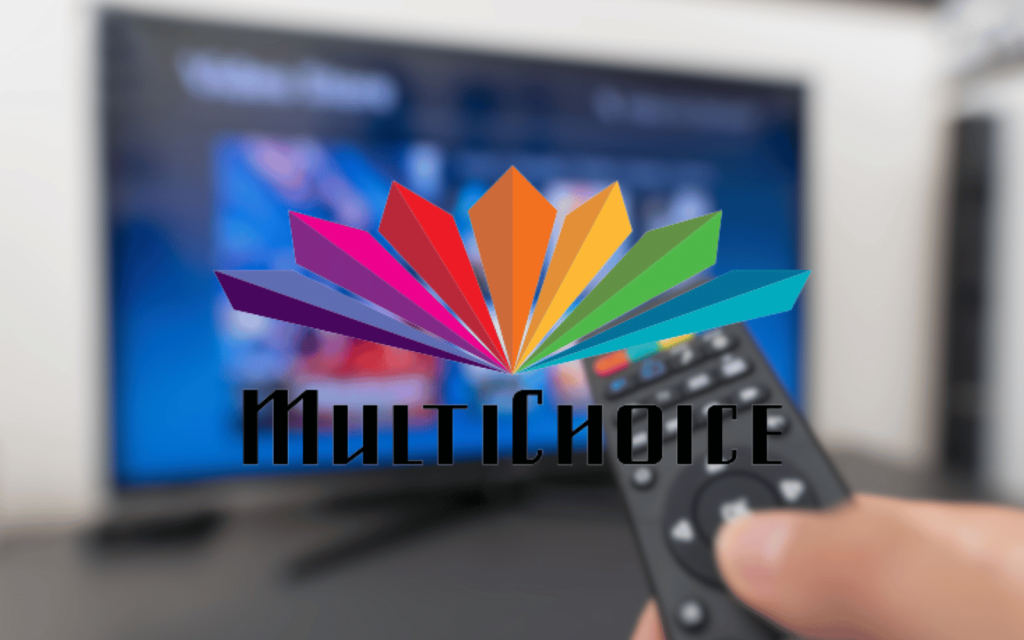It’s been a lively couple of months for South Africa’s largest broadcaster, MultiChoice. Not only did it recently helm the relaunch of Showmax following a partnership that saw the broadcaster come together with Sky and NBCUniversal, but it’s also been fending off a buyout attempt from French media group Canal+ for the past month.
After it brushed off Canal+’s initial R105/share buyout offer at the beginning of February, MultiChoice said that it felt the group had severely undervalued it. We’ve got to admit, it’s got a point what with the sports stranglehold it currently has. Canal+ has since returned, according to Reuters, with an improved R125/share offer.
Surprisingly, Canal+ isn’t raising the white flag
The upped offer has to do with how the media group handled itself after MultiChoice rejected its offer. Canal+ went and upped its ordinary shares in MultiChoice, bringing its stakeholders’ share up to 35.01%. Once it had crossed the 35% threshold, South Africa’s Takeover Regulations Panel (TRP) ruled that it had to immediately make a firm buyout intention announcement — though the TRP later gave the group an extension to 8 April.
It’s come up with a revised offer a little early. While the minimum price for the mandatory offer is R105/ordinary share, Canal+ is bumping that up to R125/ordinary share — a 19% increase — to make it that much more enticing.
Read More: DStv’s largest price hike in years will hit wallets on 1 April 2024 – but it’s not all bad news
“MultiChoice and Canal+ intend to mutually cooperate in this regard. Accordingly, MultiChoice will give customary exclusivity undertakings to Canal+,” MultiChoice said (via TechCentral). “Once the mandatory offer is made, the independent board of MultiChoice will be constituted and will, after receipt of the independent expert’s opinion, provide its opinion and recommendation on the mandatory offer.”
Should the deal be approved by all parties and shareholders, it will have a job getting it past the country’s Electronic Communications Act, which caps voting control of broadcasting licensees by foreign entities at 20%.
